Medical coding and billing is a sensitive and integral segment of healthcare service provision. Errors in billing and coding create mistrust and lead to unending disputes. Patients feel cheated when they're billed incorrectly, and this could cut short long-established professional relationships.
Medical coding and billing must be error-free and compliant to maximize profits and build trust. Errors are bound to happen, but medical billing auditing and other mitigation strategies can minimize the adverse impact.
What Is Medical Coding and Billing Audit?
A medical coding audit is an annual or quarterly inspection of the medical billing processes. It involves a thorough review and valuation of the quality and integrity of medical documents. Conducted by a third-party or internal team of auditors, the exercise evaluates health records upheld by medical practice.
Medical billing auditing digs deep into the medical billing data presented to payers to reveal errors and pinpoint areas needing improvement. Although it is a routine healthcare practice, certain events could trigger sudden medical coding audits. These include unending payer complaints, missing documents, and increased denial rates.
Importance of Medical Bill Auditing For Your Business
Hospital bill auditing is like a routine diagnostic practice that checks medical billing and coding records for errors and risks. A professional medical billing auditor unleashes the following benefits for your healthcare facility.
- Ensures compliance with payer regulations. Medical coding audits reveal inconsistencies and falsehoods in billing practices. This can prevent fines and penalties.
- Improves the financial performance of your facility. Thorough medical billing auditing helps healthcare providers pinpoint billing loopholes leading to money loss.
- Reduces issues with abuse and fraud. A medical billing auditor can help you detect abusive and fraudulent billing activities. These include duplicate, upcoming, and unbundling.
Steps For Conducting an Effective Medical Billing Audit Checklist
Whether an internal or outsourced billing audit, it covers a range of issues relevant to medical billing and coding. The auditing process involves:
- Selecting relevant claims for review based on payer mix, service date, and service type
- Comprehensive examination of the claim documentation to confirm accuracy and compliance.
- Peruse the documents to identify discrepancies in the claim documentation. These may include unsupported charges and missing billing data.
- Communicating the findings of the audit to the responsible people in written reports.
- Correcting errors and discrepancies per the reports generated by the medical auditing
Medical Billing Auditing Checklist
Preparing for a medical billing audit is integral to improving the quality of results. Different medical coding auditors follow different criteria, but the following checklist makes the process more detailed.
- Verifying the documentation integrity of claims. Get all procedure codes, patient data, and diagnosis codes.
- Confirm billing coding complies with payer regulations. The versions of HCPCS, CPT, and ICD-10 coding manuals used must be current.
- Ensuring the completeness and accuracy of claims. Look for errors such as unsupported charges, missing data, and duplicate charges.
- Keep track of denials and rejections and have them resolved immediately.
Key Medical Billing Forms to Know
Hospital billing auditors have access to various forms, which is essential for optimizing the auditing process. The claim review form contains claim documentation information as reviewed by the auditor. The discrepancy finding form documents all the data about discrepancies and errors unearthed by the auditor in the claim documentation.
Finally, the corrective action plan form contains the data outlining the plan of the healthcare provider to address the discrepancies and errors.
Wrapping Up
Every healthcare provider wants to remain compliant with payer regulations without overbilling or underbilling patients. They want to create an environment that supports financial growth while reducing fraud. That is what medical billing audits do. They are efficient tools for helping you maximize the profits from your healthcare facility and build lasting relationships with patients.
For the overall efficiency of billing audits, you have to bring Adonis into the picture. This revenue intelligence platform automates and streamlines your medical billing auditing process. It utilizes artificial intelligence and machine learning to detect and correct errors in your billing records to improve your facility's financial performance.









